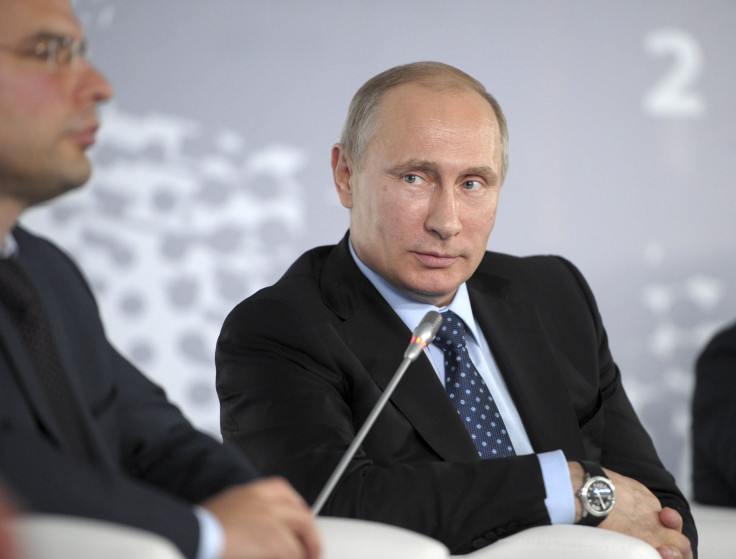Russia Passes New Internet Bill: Critics Call It Another Attempt To Tighten State Control

In a move seen as the latest attempt to tighten state control over online operations, Russia’s lower house of parliament passed legislation on Friday requiring Internet companies that store user data to do it on servers located inside the country, according to BBC News.
If passed by the upper house of parliament and OK’d by President Vladimir Putin, the new measure would become effective in 2016, Reuters reported. This basically means that all websites storing data of Russian citizens would have to either move the information to Russian servers or risk being blocked in the country.
The legislation would severely affect the functioning of companies such as Facebook Inc. (NASDAQ:FB), Google Inc. (NASDAQ:GOOG) and Twitter Inc. (NYSE:TWTR), whose databases are located primarily in the U.S.
Introducing the bill in the parliament, Russian MP Vadim Dengin said the people of the country wanted such a law in place. “Most Russians don’t want their data to leave Russia for the United States, where it can be hacked and given to criminals,” he said.
However, critics of the law alleged that this was an attempt to segregate the Russian Internet from the rest of the world and that it would ultimately result in the creation of a tightly controlled and strictly monitored intranet.
Internet expert and blogger Anton Nossik told Reuters the aim of the law was to create “another quasilegal pretext to close Facebook, Twitter, YouTube and all other online services” and that the “the ultimate goal is to shut mouths, enforce censorship in the country and create a situation where Internet business would not be able to exist.”
Since his return to the Kremlin as president in 2012, Putin has increasingly clamped down on the Internet, referring to it as a “CIA project,” as noted by the Guardian. Following the spate of protests against the Russian government in Ukraine, state control over information online has only increased.
The new bill is latest in a slew of measures designed to patrol the Internet, as pointed out by the Wall Street Journal. In May, Putin approved legislation that required blogs with more than 3,000 daily visits to register with the Russian communications watchdog, Roskomnadzor, while also giving the watchdog the power to shut down a website without a court order.
© Copyright IBTimes 2025. All rights reserved.






















